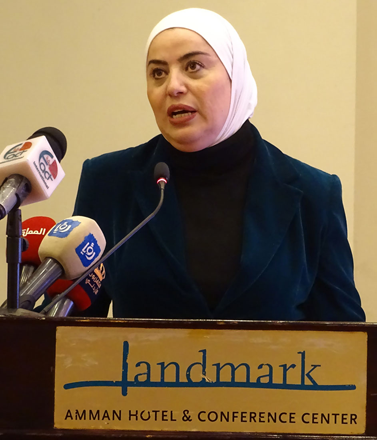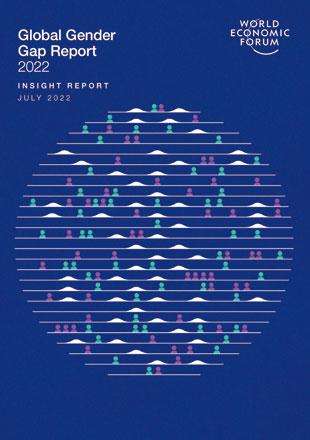You are here
Women’s private sector participation conference to kick off
By Rana Husseini - Oct 30,2022 - Last updated at Oct 30,2022
AMMAN — A regional conference to boost women’s participation in the private sector will be held in Amman on Monday.
The launch event is entitled “Breaking the glass ceiling, the launch event of The Guidelines for Leadership and Skills Development of Women in the Private Sector”.
Minister of Social Development and Chairperson of the Inter-Ministerial Committee for Women’s Empowerment Wafa Bani Mustafa will act as patron to the event, according to a statement by UN Women.
The event is part of the UN Women and International Labour Organasing (ILO) under the joint programme “Promoting Productive Employment and Decent Work for Women in Egypt, Jordan and Palestine”.
The event, which will be held at the Landmark Amman Hotel, is funded by the Swedish International Development Cooperation Agency (Sida).
Sessions will focus on discussing the guidelines for the leadership and skill development of women in the private sector, as well as prioritising and building an inclusive, gender-equitable work culture.
Other sessions will tackle how to create an enabling, safe, flexible and equitable work environment and methods to train, mentor and sponsor women with leadership ambition and potential.
The final session will focus on guaranteeing equitable and inclusive human resources practices, including hiring, promotions, career progression and job descriptions.
The Kingdom ranked 145th out of 146 countries with regard to women’s participation in the labour force, according to the Global Gender Gap Report 2022.
The report also indicates that Jordan maintained almost the same score as last year, of 0.639, or 122nd in the world. The Kingdom was 5th in the MENA region at the time.
For the more general category of women’s economic participation and opportunity, Jordan ranks 125th globally, compared with 133rd in 2021.
According to its website, the Global Gender Gap Index provides benchmarks on the current states and evolution of gender parity across four key dimensions: Economic participation and opportunity, educational attainment, health and survival and political empowerment.
In 2022, the global gender gap was closed by 68.1 per cent, meaning that — at the current rate of progress — it will take 132 years to reach full parity, the report noted.
The report states that the Middle East and North Africa region has the second-largest gender gap yet to close, only behind South Asia.
Related Articles
AMMAN — Minister of Social Development Wafa Bani Mustafa called on the private sector to adopt a code of conduct that would ensure a friendl
AMMAN — Finance and technology experts on Monday gathered to discuss gender equality, closing the digital gender gap and achieving sustainab
AMMAN — Jordan ranks 145th out of 146 countries with regard to women’s participation in the labour force, according to the Global Gender Gap













